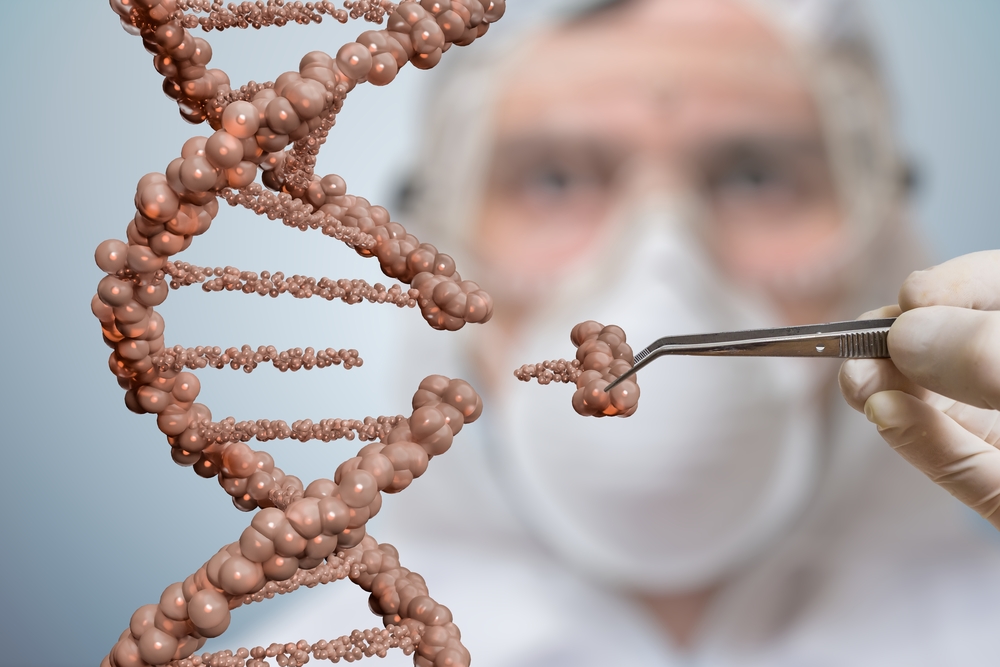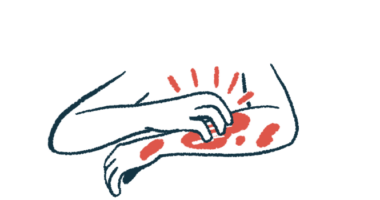Abeona’s Gene Therapy EB-101 Receives FDA’s Regenerative Medicine Advanced Therapy Designation

Abeona Therapeutics‘ EB-101, a gene therapy in development for patients with recessive dystrophic epidermolysis bullosa (RDEB), has received the regenerative medicine advanced therapy (RMAT) designation by the U.S. Food and Drug Administration (FDA).
The RMAT designation is attributed to promising “regenerative” therapies — cell therapies, tissue engineering, or cell and tissue products — that are supported by preliminary clinical data showing potential to advance the therapeutic care of unmet medical needs. The new designation is part of the 21st Century Cures Act, and opens the possibility of priority review and accelerated approvals by the FDA.
FDA’s decision was also supported by data from a Phase 1/2 clinical trial (NCT01263379) in which researchers used patients’ own skin cells (keratinocytes) to insert, using a virus, a correct version of the COL7A1 gene, which is defective in patients with epidermolysis bullosa. This led to the production of functional collagen protein.
After the genetic transfer, the cells were grown in vitro before being transferred into the patients’ skin, namely non-healing chronic wounds.
Researchers assessed wound healing, defined as more than 50 percent wound closure after EB-101 administration, at predefined time intervals.
Results showed that more than 50 percent of the wounds healed for more than two years after EB-101 administration. In fact, after three months, all six patients treated with EB-101 saw healing on all their wounds; the wound healing dropped to 89 percent and 83 percent at six and 12 months, respectively. Within two years, the rate of healing was 88 percent.
Of note, the wounds treated with EB-101 in all patients were chronic wounds with a mean duration of 8.5 years prior to the use of the gene therapy.
“EB-101 is an autologous gene-corrected cell therapy approach that utilizes a patient’s own cells and genetically re-engineers them to produce the missing collagen protein, which helps hold skin on to the body. This reduces the number of painful blisters caused by injury and has demonstrated improved wound healing in our Phase 1/2 clinical trial for over 2 years,” Timothy J. Miller, PhD, president and CEO of Abeona, said in a press release.
EB-101 gene therapy received FDA’s rare pediatric disease designation for patients with dystrophic epidermolysis bullosa (DEB), including RDEB in May 2017. The FDA also granted orphan drug designation and breakthrough therapy designation to EB-101 gene therapy last year.
“The receipt of the RMAT and Breakthrough designations, both over the last six months, reaffirms the significance of the EB-101 clinical trial results and the need to advance promising therapies in areas of considerable unmet medical need. We are pleased that the FDA granted the RMAT designation, which will help accelerate the development of EB-101, and look forward to continuing our collaborative discussions in defining the pathway forward for the Phase 3 trial set to begin later this year,” Miller said.






